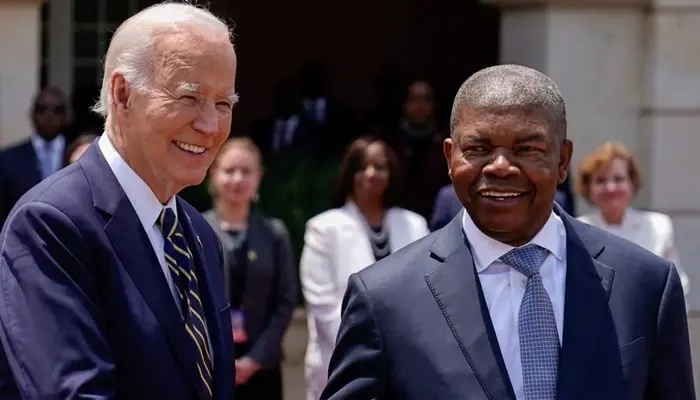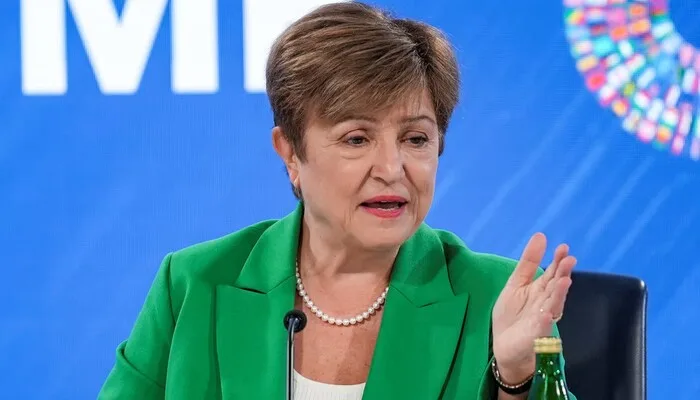
Biden’s Angola visit marks a crucial diplomatic move as he seeks to bolster U.S. influence in Africa and counter China’s growing dominance. This trip, just weeks before handing over power to Donald Trump, reflects a final effort to cement his legacy on the continent while advancing critical U.S. interests.
A Long-Awaited Visit
Biden’s visit to Angola comes after years of delay. Though he promised in December 2022 to strengthen U.S.-Africa ties, this marks his first bilateral trip to the continent as president. Critics argue his late arrival signals a lack of priority, especially when compared to China’s and Russia’s active engagements with African nations. However, Biden aims to make an impact with this high-stakes visit.
Why Angola Matters
At the heart of Biden’s visit is the $800 million Lobito Corridor project. This strategic trade route connects Angola’s Lobito Port on the Atlantic Ocean to the Democratic Republic of Congo (DRC) and Zambia, two resource-rich countries. The corridor will expedite the export of cobalt and copper—key minerals for electric vehicle batteries—to the West.
The U.S., alongside the European Union, has invested heavily in this project, hoping to secure a foothold in Africa’s critical minerals market. Yet, competition is fierce. China, through its Belt and Road Initiative, already dominates much of the continent’s mineral trade and infrastructure development.
Reviving U.S. Influence
Biden’s administration has struggled to maintain influence in Africa, particularly as China and Russia expand their reach. China overtook the U.S. as Africa’s largest trade partner in 2013 and continues to deepen its ties. The U.S. also lost strategic military footholds in Niger and Chad, complicating its presence in the Sahel region.
In response, Biden introduced a new Africa strategy in 2022, focusing on greater African leadership in global institutions like the United Nations and the G20. While praised as ambitious, progress has been slow. The African Union recently gained a G20 seat, but no African nation holds a permanent UN Security Council (UNSC) position.
Read: Trump’s Nomination of Kash Patel for FBI Director Sparks Intense Debate
Balancing Trade and Democracy
Despite growing trade relations—U.S.-Angola trade reached $1.77 billion by 2023—Biden’s visit raises concerns about human rights. Angolan President Joao Lourenço has faced criticism for crackdowns on dissent and high inflation, making him unpopular domestically.
Human rights advocates warn that ignoring these issues could damage U.S. credibility. “Strengthening trade while overlooking democratic values risks undermining long-term trust,” said Florindo Chivucute, director of Friends of Angola.
The Road Ahead
As Biden attempts to secure a lasting partnership, the U.S. faces significant challenges. The Lobito Corridor could offer a competitive edge, but China’s established presence won’t be easy to displace.
With a potential Trump presidency on the horizon, future U.S. policy in Africa may revert to a trade-first approach, further complicating diplomatic efforts. Nonetheless, Biden’s Angola visit represents a critical turning point, with both risks and opportunities shaping the future of U.S.-Africa relations.
Follow us on Google News, Instagram, YouTube, Facebook,Whats App, and TikTok for latest updates












